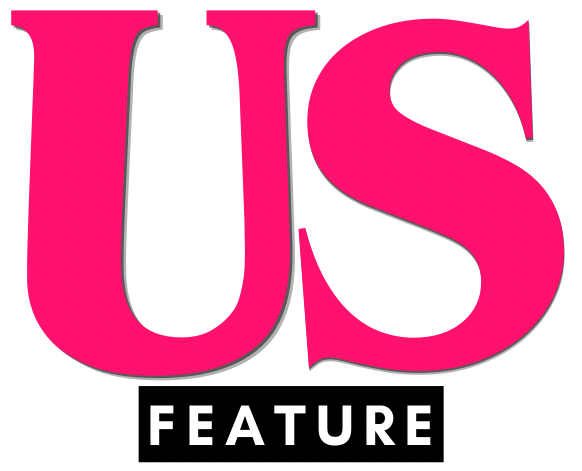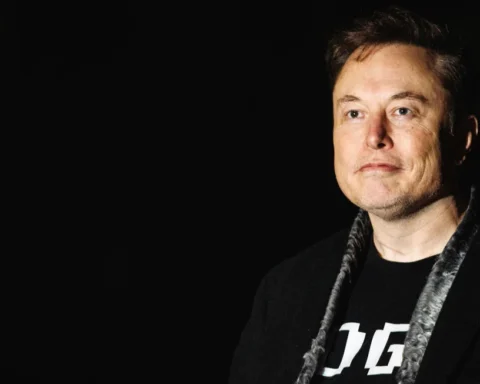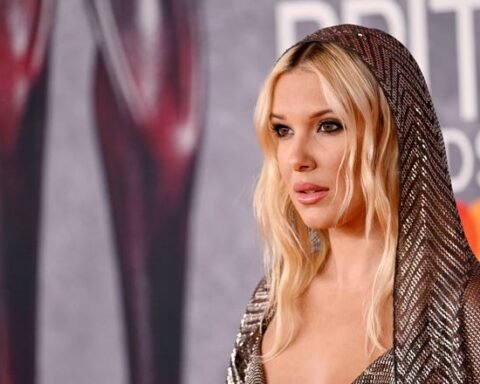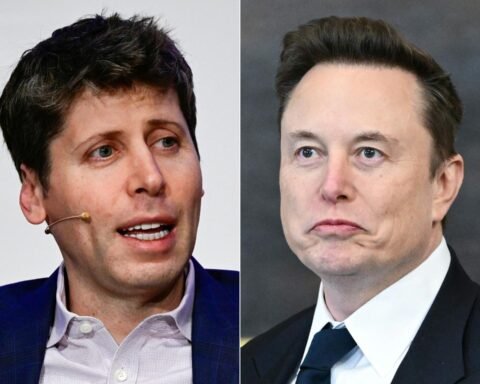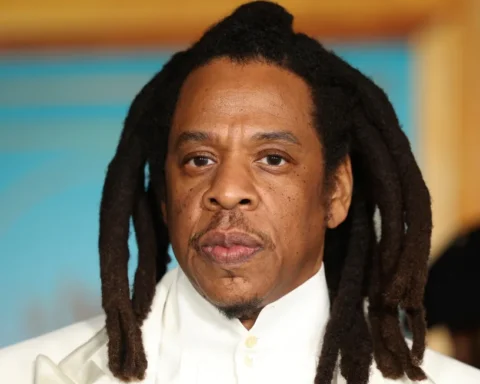
OpenAI Rejects Elon Musk’s $97 Billion Takeover Bid, Reaffirming Its Vision
Board stands firm against Musk-led acquisition, signaling a deepening rivalry in the AI industry
·
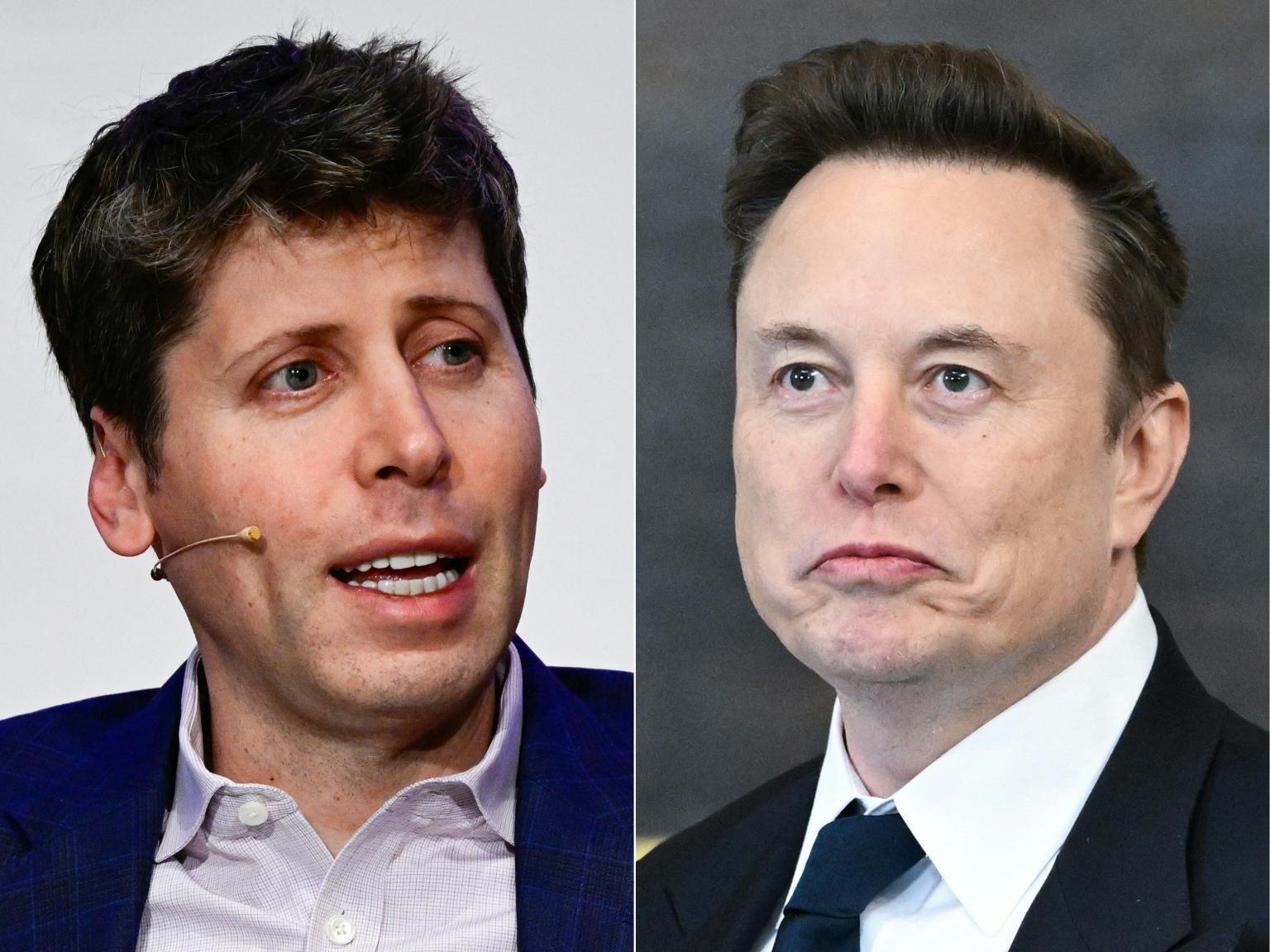
Board Chair Bret Taylor says the company is “not for sale” as battle over AI industry control intensifies
OpenAI’s board of directors has formally rejected a $97.4 billion acquisition offer led by Elon Musk and other investors, reinforcing its stance on maintaining independence in the evolving AI landscape.
“OpenAI is not for sale, and the board has unanimously rejected Mr. Musk’s latest attempt to disrupt his competition,” OpenAI Board Chair Bret Taylor stated on Friday in a post on X. The decision marks a significant moment in the ongoing tensions between OpenAI and Musk, who was one of the company’s original co-founders but departed in 2018.
The bid, announced earlier in the week, was positioned as a move to return OpenAI to an “open-source, safety-focused force.” Musk and his investor group argued that OpenAI’s restructuring plans compromise its original nonprofit mission, instead steering the company toward maximizing profit. However, OpenAI swiftly dismissed the proposal, with CEO Sam Altman responding on X: “no thank you but we will buy twitter for $9.74 billion if you want.”
A Power Struggle Over AI’s Future
Musk, who owns the competing AI company xAI, has been a vocal critic of OpenAI’s shift toward a for-profit model, arguing that it goes against its founding principles. His offer, had it been accepted, could have reshaped the competitive AI landscape, consolidating Musk’s influence in the industry.
OpenAI, however, maintains that any structural changes it undertakes will be in line with its mission. “Any potential reorganization of OpenAI will strengthen our nonprofit and its mission to ensure [Artificial General Intelligence] benefits all of humanity,” Taylor asserted in his statement.
Marc Toberoff, an attorney for Musk’s investor group, was unsurprised by the board’s decision but questioned its motives. “They’re just selling it to themselves at a fraction of what Musk has offered,” Toberoff argued. “Will someone please explain how that benefits ‘all of humanity?’”
Musk’s Legal Battle Against OpenAI
This is not the first time Musk has sought to challenge OpenAI’s direction. In June 2024, he filed a lawsuit against the company, accusing it of straying from its original mission. However, that case was withdrawn after OpenAI published early email exchanges from Musk, in which he appeared to acknowledge the necessity of generating significant revenue to support AI development.
Undeterred, Musk filed another lawsuit in August 2024, this time alleging that OpenAI was prioritizing profit maximization while aggressively pursuing Artificial General Intelligence (AGI) technology. The lawsuit further claimed that OpenAI was engaging in racketeering—an accusation the company strongly denies.
In response, OpenAI has suggested that Musk’s actions are driven by resentment over his departure from the company in 2018. At the time, Musk had unsuccessfully attempted to persuade his co-founders to let Tesla acquire OpenAI.
Competing for AI Dominance
As OpenAI continues to expand its influence, Musk has remained determined to challenge the company through legal avenues and competitive product development. Speaking at the AI Summit in Paris, Altman dismissed Musk’s efforts, stating: “I wish he would just compete by building a better product.”
With OpenAI holding firm against outside takeover attempts, the battle for dominance in the AI sector is set to continue. Whether Musk will escalate his challenge further remains to be seen, but for now, OpenAI has made it clear: it is not for sale.
Post Views: 343
- Trump’s New Tariff Order on Canadian Imports Sends Shockwaves Through the Stock Market
- Timothée Chalamet and Kylie Jenner Spotted Sharing a Kiss at the BNP Paribas Open, Fueling Romance Rumors
- Trump Shows Support for Musk Amid Struggles: “I’ll Buy a Tesla to Back Elon”
- Millie Bobby Brown Speaks Out Against ‘Horrible’ Media Coverage: “I Will Not Be Shamed”
BUSINESS
CEO INSIDER
This error message is only visible to WordPress admins
Error: No feed with the ID 1 found.
Please go to the Instagram Feed settings page to create a feed.
